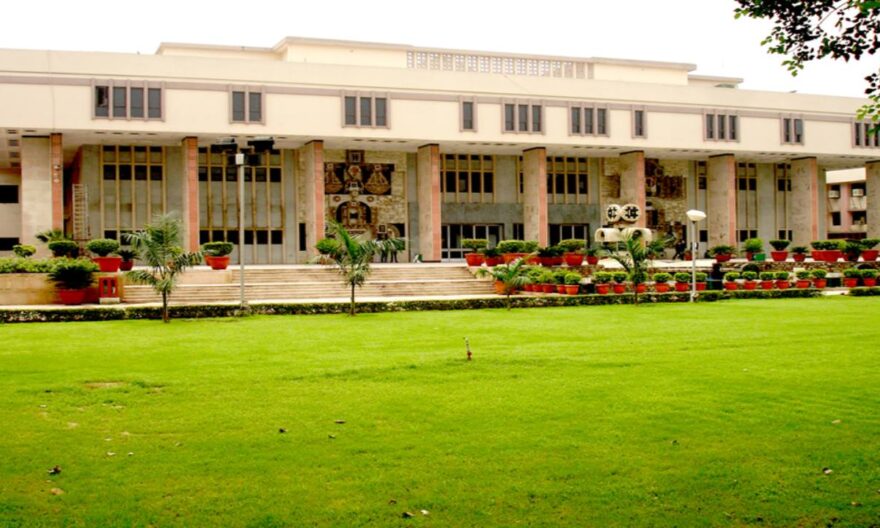
The Delhi High Court has recently declined to entertain a plea seeking recall of the currency notes above ₹100, by restricting cash transactions above ₹10,000 and linking assets more than ₹50,000 with Aadhaar to check corruption.
Subsequent to the court’s refusal, the petitioner sought permission to withdraw the petition, which was granted.
The bench comprising of Chief Justice Satish Chandra Sharma and Justice Sanjeev Narula stated, “After arguing at length, counsel for petitioner prays for withdrawal of the present petition with liberty to take recourse to other remedies, as are available under law. (Petition is) Dismissed as withdrawn, with liberty as aforesaid.”
Advocate Ashwini Kumar Upadhyay, in his petition, also proposed restricting cash transactions on the purchase of air tickets, rail tickets, electricity bills, LPG bills, CNG bills, municipality bills, and similar invoices amounting to Rs. 10,000 or more, asserting it to be a practical solution to curb corruption, black money generation, money laundering, benami transactions, and accumulation of disproportionate assets. The plea additionally urged the limitation of cash transactions on goods and services acquired through online shopping platforms such as Amazon and Flipkart.
Further, the plea sought directions to the Central Government and State Governments to take appropriate measures in restricting cash transactions in all industrial and domestic goods, products, and services, up to a maximum retail price of Rs. 10,000.
The petition stated, “Even after 75 years of Independence and 73 years after becoming a sovereign socialist secular democratic republic, none of the districts are free from bribery, black money, benami transactions, disproportionate assets, tax evasion, money laundering.”
The petition asserted that even after 75 years of Independence and 73 years of being a sovereign socialist secular democratic republic, no district is free from bribery, black money, benami transactions, disproportionate assets, tax evasion, and money laundering. It also highlighted the pervasive influence of various mafias, such as land mafia, drug-liquor mafia, mining mafia, transfer-posting mafia, betting mafia, tender mafia, hawala mafia, illegal immigration mafia, conversion mafia, superstition-black magic mafia, and white-collar political mafia across the country.
The plea emphasized that India’s progress is contingent upon clean and transparent governance, necessitating a corruption-free society as a basic requirement.
The petitioner proposed the confiscation of all black money, disproportionate assets, and benami properties while advocating for stringent life imprisonment sentences for those involved in corruption, labelling them as “looters.”




